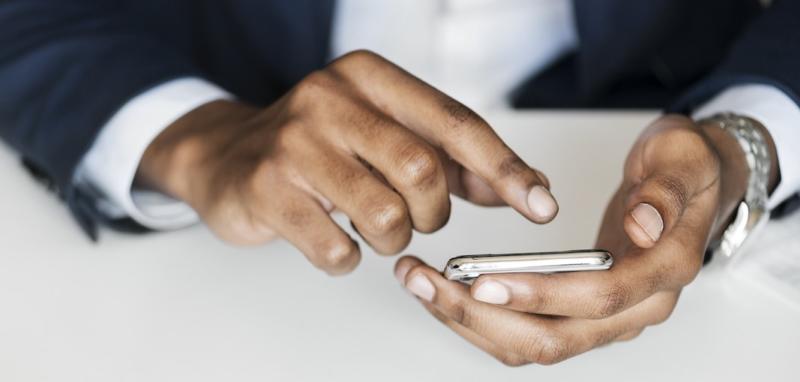Instagram rolled out its new activity dashboard, a feature that allows users to track how much time they spend on the app.
Social media companies and smartphone makers have become increasingly aware of how their products are impacting mental health.
A recent study by the University of Pennsylvania found that limiting social media use to approximately 30 minutes per day may lead to significant improvement in well-being.
Instagram and its parent company Facebook announced in August that both platforms would offer activity dashboards to help users create healthy online habits; however, Facebook has not launched the feature yet.
“We want the time people spend on Facebook and Instagram to be intentional, positive and inspiring,” spokespeople from both platforms said in a blog post.
The “Your Activity” tab located within the profile pages shows a bar graph of user’s average daily usage on the app. Users can set daily reminders that notify them when they have reached their designated time limit. Time limits range from five minutes up to 24 hours.
There’s no mechanism that stops app usage once the time limit is reached and it does not track which features within the app are used the most. However, users can mute the app’s push notifications from the activity dashboard.
Another study by the University of Belgrade in Serbia found strong correlations between the time spent on social media platforms and depression. High rates of social media usage can lead to incorrect conclusions surrounding physical appearance, intelligence, and other characteristics, according to the study.
Lee Barnes, a marketing consulting analyst based in Atlanta, said he constantly uses Instagram and he does not see many benefits of using the app outside of staying connected with friends.
“Instagram only shows you what people want you to see,” Barnes said. “So, it’s easy to get caught up in what you see others doing which can make you feel less accomplished, successful and happy than you really are.”
Nia Wellman, 21, Hampton University student and HairDays CEO, said she uses Instagram every day to stay connected with the target audiences for her brands and is ashamed to say how much time she spends on the app.
Wellman also said although Instagram can have a negative impact on mental health, it is not 100 percent to blame for depression or anxiety.
“When we see everyone’s highlight reels on Instagram and social media, in general, we tend to believe that they are the reason for making us insecure,” Wellman said. “We have to remain focused on our actual goals, while simultaneously being happy for others.”
Apple’s iOS also lets users track how much time they spend on each app.

